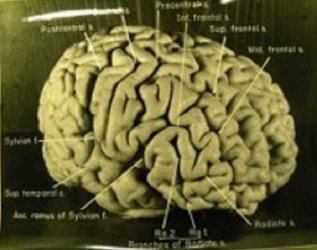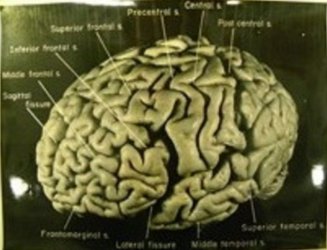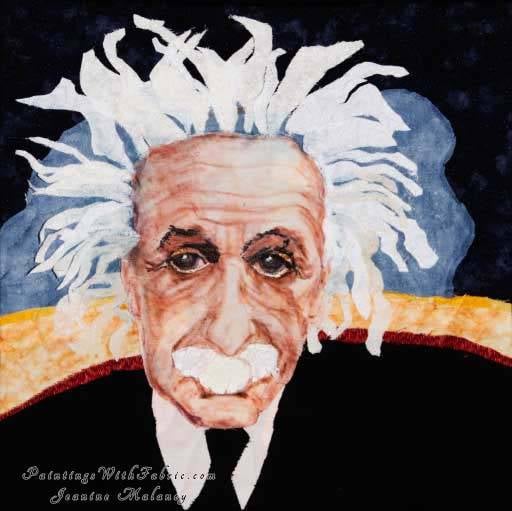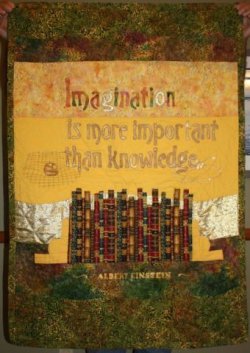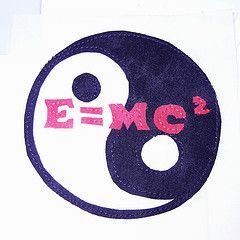Read Washington Post Article for detailsAlbert Einstein is widely regarded as a genius, but how did he get that way? Many researchers have assumed that it took a very special brain to come up with the theory of relativity and other insights that form the foundation of modern physics. A study of 14 newly discovered photographs of Einstein’s brain, which was preserved for study after his death, concludes that the brain was indeed highly unusual in many ways. But researchers still don’t know exactly how the brain’s extra folds and convolutions translated into Einstein’s amazing abilities.
Dean Falk's study found his parietal lobes (linked to conceptualization of physics prob.lems) had an unusual pattern of convolutions, rarely seen in others.
Harvey's research materials are transferred to the USArmy's National Museum of Health and Medicine in Silver Springs, MD.
One thing Falk noticed about the part of the brain associated with gifted musical talent is that it, too had a lot of curves on it.
It's as though this bright man did all the right things to pro gram his brain for the type of thinking he was to do throughout his life that opened so many doors whenever research was to be done.
After reading the article, I would almost perceive that if you want your kid to be smart, put him on a piano bench when he is young, develop drive in him, and nurture him with good food, good information, and instill in him the "can do" attitude accomplished people often have. I'm absolutely sure of it.

Attachments
Last edited:


